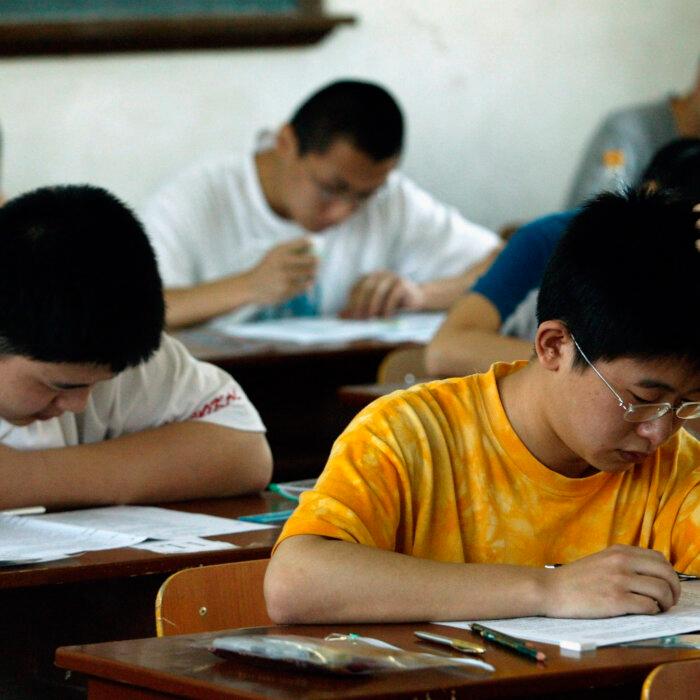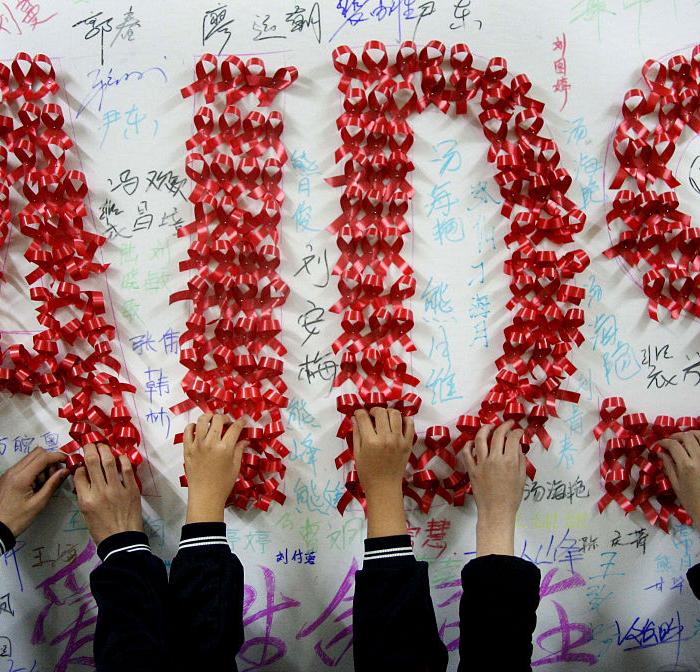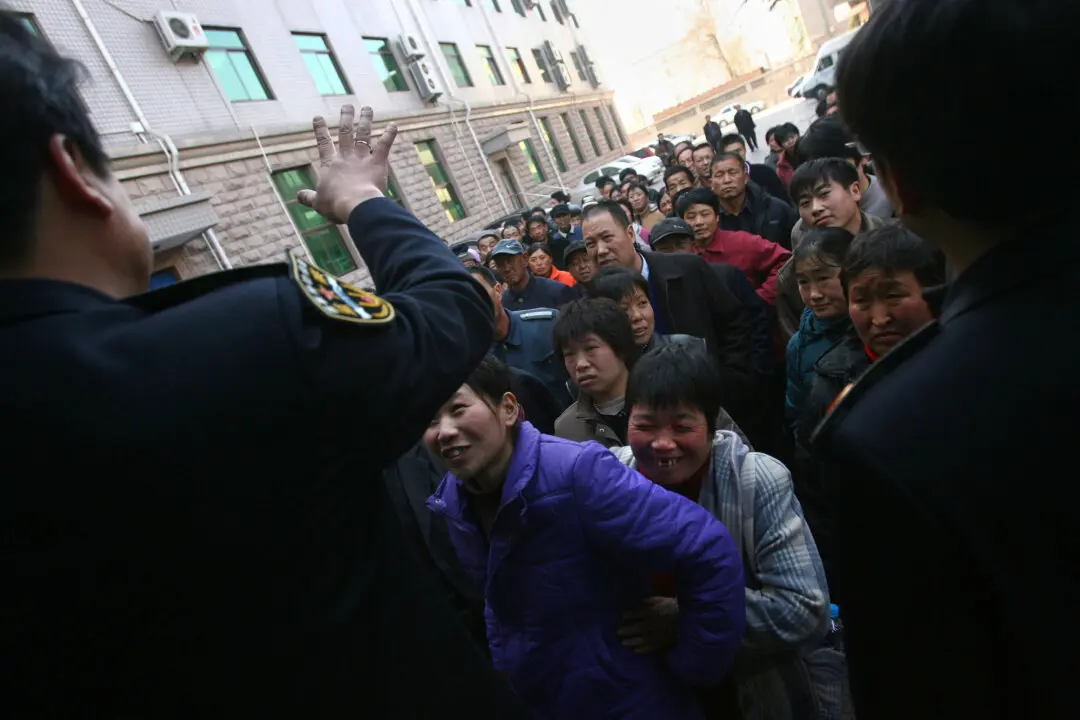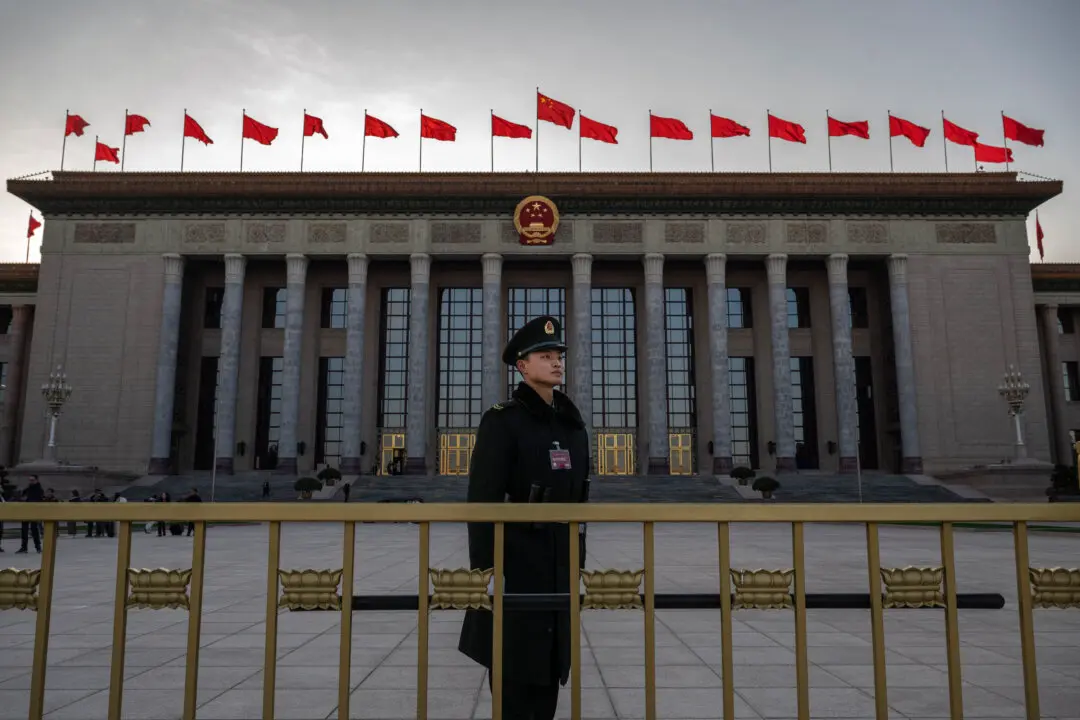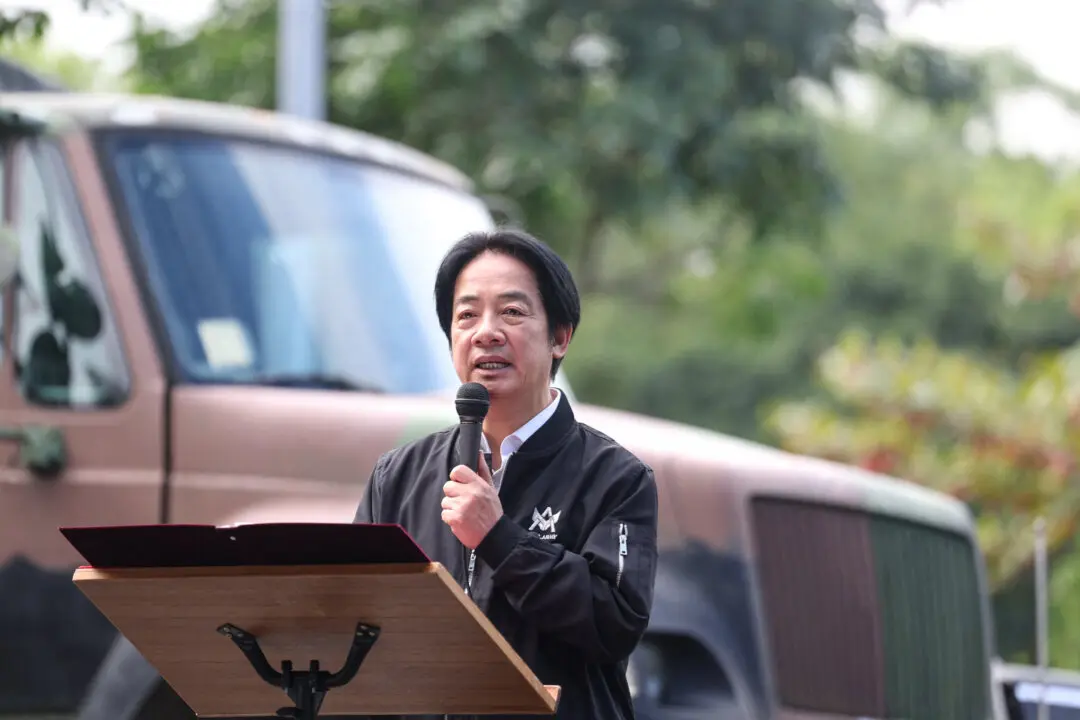Li Yixue, a blogger in her early 20s, has become the face of a longstanding issue in communist China: the misuse of psychiatric hospitals to suppress Beijing’s critics.
Medical experts and Li’s family members say she shows no signs of mental illness, while others question the legality of her forced confinement.
China’s psychiatric facilities, often called Ankang hospitals, are regularly used to detain citizens who publicly criticize the Chinese Communist Party (CCP), political dissidents, and people of faith. The Safeguard Defenders report found that more than half of those admitted to Ankang hospitals had no prior psychiatric evaluations, and nearly one-third had been hospitalized more than once.
Li Yixue
Li, a Jiangxi Province resident, vanished in mid-December 2024 after being forced by authorities back into a psychiatric hospital. Authorities said she was released to her father on Jan. 10, but there have been no confirmed sightings or online activity since, raising widespread skepticism about the official account.In 2022, Li spent 56 days in a psychiatric facility after accusing a local police officer of sexually assaulting her. Authorities said her allegation lacked evidence and claimed she had mental health issues.
After Li’s initial release in June 2022, she began posting videos on social media describing her ordeal in the Jiangxi Mental Health Center, which she called a “black jail.”
In Li’s videos about the psychiatric facility, she recounted guards allegedly restraining patients—occasionally for extended periods—forcing them to take large doses of medication and pushing them to the brink with electroshock treatments.
She described what she called “needle torture,” where staff repeatedly jab patients in sensitive areas, leaving no visible scars but causing excruciating pain. She also accused the hospital of profiting from psychiatric admissions, alleging that doctors sometimes admit people under false pretenses to secure state subsidies.
Li said that more than half of these so-called patients are perfectly healthy individuals who an influential person may have targeted for various reasons.
Li said her ultimate goal is to stop innocent people from being locked away in psychiatric wards. She vowed to sue the hospital for medical malpractice and demanded more oversight of forced admissions. She spoke of wanting to bring greater dignity to people living inside these facilities, many of whom she claimed were driven to despair by abusive practices.
In December 2022, Li filed a lawsuit against the hospital after evaluations from other institutions indicated she was mentally healthy. The court has heard the case, but a verdict has not yet been delivered.
Li’s videos and posts revealing behind-the-scenes activities in Ankang hospitals have gained significant attention, garnering more than 1 billion views, mostly inside China. As of Jan. 14, she had more than 830,000 followers on Douyin, the Chinese version of TikTok.
On Dec. 14, 2024, Li posted two videos. In one, she said a group of more than 10 men, led by a police chief, broke into her home and destroyed her surveillance cameras. In the other, she pleaded for help, saying she was frightened by the men who were following her. Those were her last public messages.
Days later, on Dec. 22, local authorities said Li had “voluntarily requested” a mental health assessment and was diagnosed with “obsessive-compulsive disorder” and a “personality disorder,” justifying a new forced hospital stay, according to Chinese state media reports.
Mental health professionals and legal experts are not convinced by the explanation.
Health expert Yue Hongwen of Peking Union Medical College said the official diagnosis may have been fabricated, and the authorities could be violating China’s Mental Health Law.
The Epoch Times cannot independently verify the source of the video.
Li’s family also rejects the idea that she has a mental illness. Her grandfather, who helped raise her, issued a statement to a local court on Dec. 23, 2024, saying Li had no history of mental illness and lived a normal life. He expressed shock that anyone would claim otherwise, especially since Li had the mental clarity to document her time in the medical center and provide justification for challenging its practices.
‘A Society Ruled by Terror’
Li’s recent sudden disappearance has fueled more questions from netizens.When the Chinese language edition of The Epoch Times contacted the Xihu branch of the Nanchang Public Security Bureau in Li’s hometown on Jan. 7, the officers said they had no information about Li’s location and refused to provide the contact details of anyone handling her case.
The Nanpu Subdistrict Office in the Xihu district, which first sent Li to the Ankang hospital in 2022 and issued information regarding her case, vaguely mentioned “official notices” but did not disclose specific details on Li’s current situation.
The Jiangxi Mental Health Center in Nanchang did not respond to requests for comment.
On Jan. 5, the Chinese Human Rights Lawyers Group released a statement asking local authorities to explain the legal basis for Li’s ongoing confinement. The group expressed concerns about police involvement in what is usually a civil matter concerning defamation, questioning the necessity of such measures.
Videos taken by those who tried to visit Li’s home on Dec. 30, 2024, show it being guarded by plainclothes officers and equipped with a new locked entrance requiring keycards.
Former investigative journalist Zhao Lanjian told NTD’s “Pinnacle View” program that Li’s situation is just one of countless cases involving petitioners and victims of injustice who are forcibly detained in psychiatric hospitals.
Zhao said forced hospitalization is part of the CCP’s method of maintaining control over the people, calling it a tragedy that has turned China into “a society ruled by terror.”



